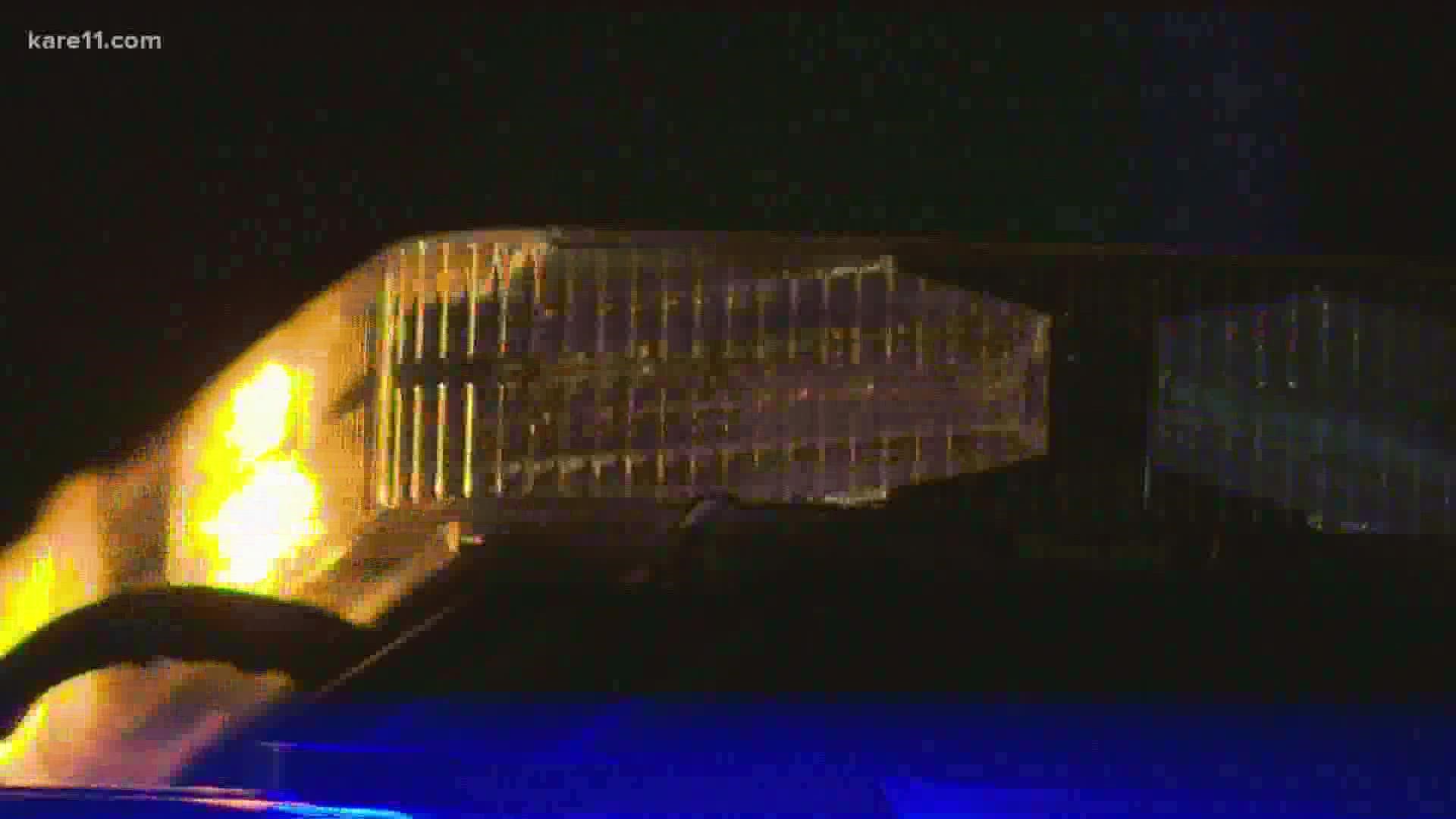ST PAUL, Minn. — Ramsey County will no longer prosecute felony offenses stemming from non-public safety traffic stops, officials announced Wednesday.
Ramsey County Attorney John Choi said these traffic stops include equipment violations such as damaged tail lights. He said such cases generally happen when a driver is stopped for a non-public safety issue like equipment violations as a pretext so an officer can "seek evidence of a more serious crime."
In a Wednesday afternoon press conference, Choi explained that the office will not prosecute cases when the charge "solely" stems from a non-public safety stop. Additionally, the office won't prosecute cases in which an officer searches a motorist's vehicle based solely on consent — without any probable cause.
He elaborated that a "non-public safety stop" means the driver was stopped for any of six reasons:
- Vehicle registration
- License plate illumination
- Muffler noise violations
- Windshield violations (such as objects like air fresheners hanging from the rear-view mirror or cracked windshields)
- Window tint
- Headlights, signal lights or rear lamp violations (unless both headlights or both rear brake lights don't work)
"This type of policing practice really does not deliver public safety," Choi said. "In fact, much of the research suggests that the actual recoveries of contraband — of drugs, of guns — is less than 2%."
Choi said one goal of the policy is to address racial disparities in traffic stops. The other goal is to improve people's trust in St. Paul police.
"I think we all know people who have been pulled over more often than others," Choi said. "And oftentimes, the communities that are impacted the most are BIPOC communities, especially our African American community."
A number of Republican leaders criticized the move. Minnesota Police and Peace Officers Executive Director Brian Peters was one of the first to react to Choi's announcement, issuing a press statement that called the policy "absurd" and a "slap in the face to victims of crime."
Choi was asked about the statement during the press conference.
"Those are not the values of the community that I serve and protect," Choi said. "I believe (Peters' statement) is an outdated model of values that existed a long time ago, that still exist today. But it's those values that got us into as a country our mass incarceration crisis, the safety that many people don't experience in our communities. It's also yielding a lot of racial disparities in our justice system."
St. Paul Mayor Melvin Carter also responded to the criticism.
"We've tried building a public safety framework on responding to fear-based rhetoric and anecdotes," Carter said. "We've tried that. It has not worked. And one of the things that I think our officers will appreciate about this policy is, it gives them the opportunity to focus their time, their energy, their resources on the things that actually make us less safe."
RELATED: Mayor: Minneapolis PD will no longer conduct 'pretextual' traffic stops for low-level offenses
You can watch the full press conference on KARE 11's YouTube page.
New policing changes:
As part of the change, St. Paul police officers were issued new preliminary guidance on traffic stop procedures Wednesday, effective immediately.
In a letter obtained by KARE 11, St. Paul Police Chief Todd Axtell directed patrol officers to "prioritize" traffic enforcement that he said matters most to the community: "reducing crashes, injuries and death."
Axtell told officers that according to SPPD's data, the violations that have the greatest impact include speeding, distracted or reckless driving, driving under the influence, running stop signs and lights, and "egregious" equipment violations like driving without headlights.
Axtell said while smaller violations like expired tabs and small objects hanging from mirrors are "illegal and important to note," they don't affect the overall safety of the city's streets.
"I want to be perfectly clear: We should not use these violations as a primary reason for a traffic stop unless there's an articulable public safety concern," Axtell wrote.
Axtell said SPPD is working on a "secondary notification system" in which officers can document minor violations and notify the registered owners of vehicles via letter.
You can watch the full press conference below.

